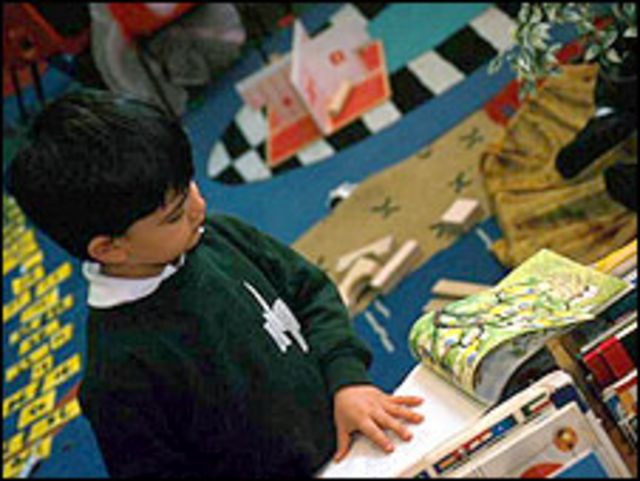Speaking another language appears to offer five years of protection against Alzheimer’s disease.
Children who grow up speaking two or more languages have less risk of developing Alzheimer’s later in life.
That’s one of the benefits of bilingualism, according to a U.S. scientist.
Worldwide, the number of people who speak two or more languages is believed to outnumber those who speak only one.
Until 1960, research showed that bilingual children seemed to take longer to acquire language skills.
Now, however, according to Professor Jared Diamond, a multilingualism researcher at the University of California, Los Angeles, those claims no longer apply because current studies indicate that there are no major differences in the cognitive and linguistic progress of multilingual and monolingual children.
But as the researcher states in the journal Science, there are certain areas in which the more languages spoken, the more benefits for the individual.
Better fit
The scientist cites the work of Ágnes Kovács and Jacques Mehler, who tested the response of infants who grew up with parents who spoke different languages to their children and infants who were only exposed to one parental language.
The researchers designed a game in which puppets appeared on different sides of a screen, and before the appearance of the puppet a different word was shown that made no sense.
What they found was that the “bilingual” children adjusted earlier to the changes and, based on a language cue they were given, could more quickly anticipate which side of the screen the puppet was going to appear on.
As Professor Diamond explains to the BBC, that study reveals that individuals who develop as bilinguals have a greater ability to concentrate in confusing situations.
“A baby who grows up bilingual has learned from the age of three months to pay attention to the sounds of Italian and to ignore a mother who speaks Chinese,” the researcher cites as an example.
“But if his mom starts talking, the baby will begin to pay attention to Chinese sounds and ignore Italian.”
“An infant who grows up bilingual has to practice paying attention, while the rest of us don’t.”
In another study in Canada, the expert found that those who spoke more than one language were less likely to develop certain forms of dementia, including Alzheimer’s disease.
Protection against dementia
Research with hundreds of elderly dementia patients in that country found that, on average, bilingual people developed symptoms of the disease four years later than monolingual individuals.
One possible explanation, says the expert, is that bilingual individuals tend to exercise their brains in ways that their monolingual peers do not and, therefore, may delay the disease.


“It would be very powerful indeed if you could manage, as seems to be the case, to get five years of protection against Alzheimer’s by learning another language,” says Professor Diamond.
“But suppose you are a Swedish cobbler who speaks five languages. You could get 25 years of protection against the disease, which means you wouldn’t develop symptoms until you were 102 years old, i.e., you wouldn’t get dementia at all.”
The expert is aware that a few studies cannot provide conclusive evidence of the advantages of multilingualism.
But he urges against repeating the mistakes of many immigrants to the United States, including many members of his own family, who have chosen not to pass on their native languages to their children once they arrive on U.S. soil.
“At the very least, you should not show prejudice when it comes to learning another language,” the scientist says.
“If your parents are immigrants insist that they teach you their language and if your parents are not immigrants, then strive on your own to learn another language.”
“At the very least you will have fun and at the most this effort could delay the onset of Alzheimer’s symptoms by five, ten, 15 or 20 years,” he adds.
